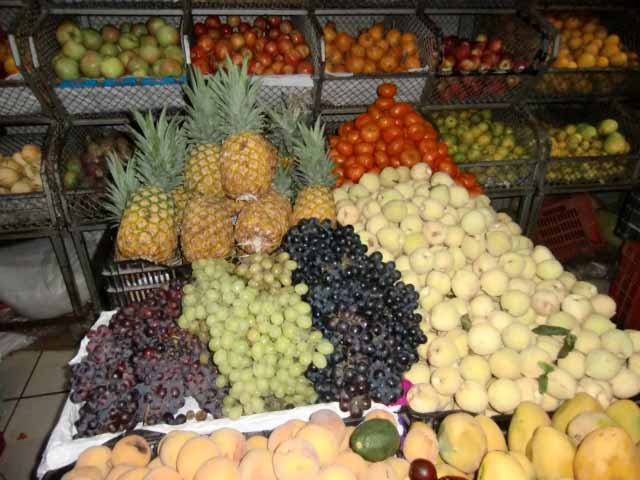Peru has recently taken the laudable step of banning GMO foods for ten years. A 10-year ban on genetically modified foods in Peru came into effect this week, state news agency Andina reported. From The Peruvian Times:
Peru’s executive has approved the regulations for the law that prohibits the importation, production and use of GMO foods in the country. Violating the law can result in a maximum fine of 10,000 UIT tax units, which is about 36.5 million soles ($14 million). The goods can also be seized and destroyed, according to the norms. The law, which was approved by President Ollanta Humala last year, is aimed at preserving Peru’s biodiversity and supporting local farmers, Environment Minister Manuel Pulgar Vidal said. Peru’s previous administration, under President Alan Garcia, had supported the proposal to use genetically modified organisms. The initiative came from Peru’s private-sector export society, known as Comex, and strongly supported by Ministry of Agriculture advisors at the time. Their focus was mainly on boosting crop output for biofuels. However, then Environment minister Antonio Brack, whose portfolio was created by Garcia —basically paying lip service to requirements of the Free Trade Act with the United States— successfully fought the initiative and with environmental groups generated public awareness of the issues involved. Besides protecting an increasing export industry of organic and native products, the ban protects Peru’s exceptionally varied native plant species —the import and use of GM seeds for corn, for example, would eventually destroy the different and multicolored species grown in the Andean region. However, despite the fact that the ban will certainly protect Peru’s crops, more than 70% of the foods on the supermarket shelves in Peru contain GMOs, according to Crisólogo Cáceres, president of APEC, the association of consumers and users, in an interview with Gestion business daily. Some are labeled as such, some are not —the consumer protection law says consumers have a right to know what they are eating or drinking but institutions within the government are working to extend the deadline again for a further year.
Now if we could just get the US Congress to do the same.
Did you enjoy this page? Have questions? Would like information on something to be posted here? Please drop us a line, or sign up for our email list in the box to the right.

